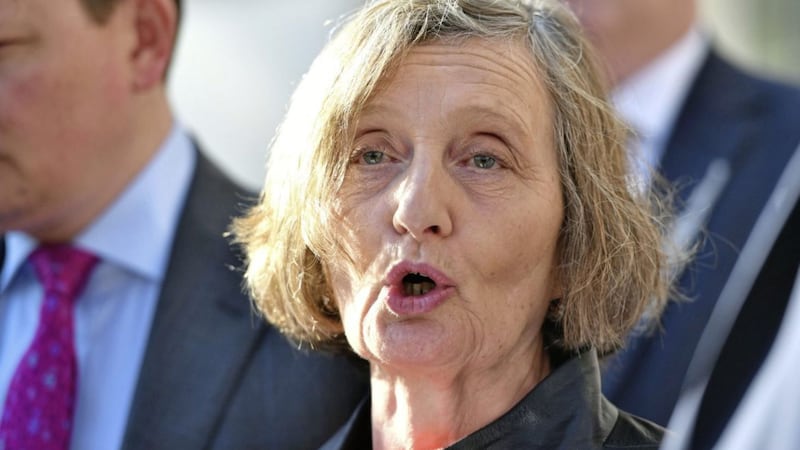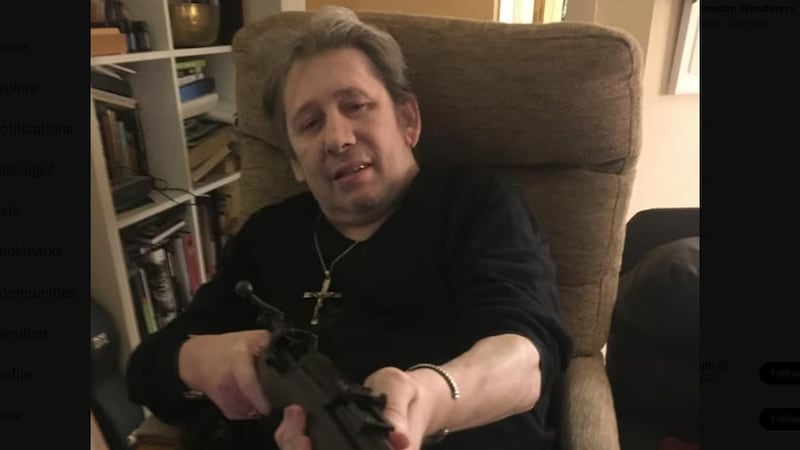THE widow of murdered solicitor Pat Finucane has won High Court permission to challenge an alleged failure to act on a finding that his killing has never been effectively investigated.
Geraldine Finucane was granted leave to seek a judicial review as part of her ongoing fight to secure a public inquiry into her husband's death 31 years ago.
In February last year the Supreme Court held that previous inquiries into the assassination did not meet human rights standards.
Mrs Justice Keegan ruled today that Mrs Finucane has established an arguable case that the British government's delay in taking action since then is unlawful.
Proceedings will now advance to a full hearing later this year.
The judge said: "This is not a guarantee of success, but it's clear to me and fairly obvious that there's already a passage of time... that will require to be explained in evidence."
Mr Finucane (39) was shot dead by loyalist paramilitaries in front of his wife and three children at their north Belfast home in February 1989.
His family have campaigned ever since for a full examination of alleged security force collusion with the killers.
Lawyers for Secretary of State Julian Smith insisted he is committed to making a decision on their demands for a public inquiry as soon as possible.
Although Mr Smith was due to meet Mrs Finucane to discuss the case last week, those arrangement have now been postponed to February 21.
During the judicial review hearing a barrister for the murdered solicitor's family claimed they are being treated with contempt.
It was contended that the level of delay since the Supreme Court reached its decision "beggars belief".
Counsel for the secretary of state stressed the decision-making process involved a number of stages, including meeting the family and consultations across departments and with the prime minister.
In her ruling, Mrs Justice Keegan acknowledged Mr Smith's "bona fides" in dealing with the issue.
"I do not accept the argument that there's been any abdication of responsibility by the Secretary of State," she said.
However, the judge went on: "But there is, in my view, an arguable case in relation to the delay that has been occasioned in reaching a decision."
She added: "Efforts should obviously continue on the ground to deal with this difficult case in a collaborative way."


